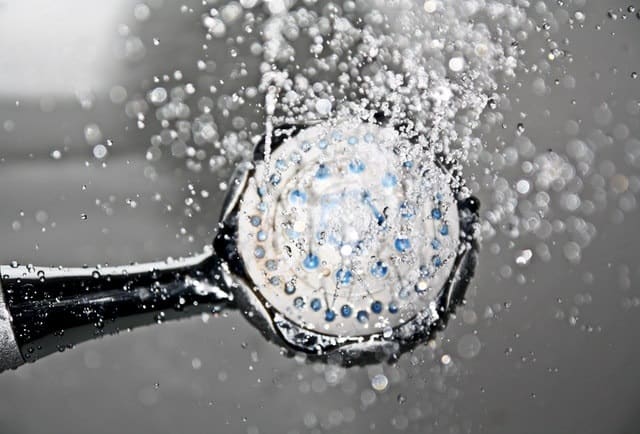Have you been struggling with hard water in your home? The presence of minerals in your drinking water are often due to where you live and where you get your water from. Water that comes from porous rock (rather than volcanic rock) tends to be very hard.
Hard water is harmless when you drink it (there may even be health benefits from the minerals), but it can be expensive. Hard water causes limescale to form on kettles, water heaters, coolers, and other industrial equipment. Hard water also prevents soap from lathering. You may need a water softener to solve the problem.
A water softener is a unit that removes minerals from the water that comes through your pipes and out the faucets. Calcium and magnesium are minerals that harden your drinking water and become an issue. When you pour yourself a glass of water, the white and cloudy sediment that floats around in the glass may be due to the presence of those minerals.
A water softener uses a brine tank (where salt is stored) and a media tank, which contains honeycomb-shaped beads that filter your water. Calcium and magnesium stick to the beads instead of coming through your faucet. Eventually, these beads reach their capacity for filtering water and need to be regenerated, typically at night. A valve will trigger a backwash & drain cycle, followed by a brining stage that flushes all the minerals stuck to the beads. Next, a flush stage washes away both brine and any remaining minerals, preparing your water softener for another busy day of usage.
Now that you know what a water softener does, you need to know how to tell if you need a water softener in your home.
Some of the tell-tale signs that you have a hard water problem include:
- Problems with your laundry, especially dinginess, stiffness, or dull colors.
- Showers and baths that feel like they’re missing something. Next time, pay attention to whether or not you struggle to create a lather with soap. Soap that refuses or struggles to form is a sure sign of hard water.
- Excessive limescale build up on appliances that use water, including appliances like your dishwasher or your water heater. You can even tell from your shower faucets. Limescale build up can shorten the lifespan of expensive appliances.
- Difficulty cleaning dishes, showers, and bathtubs. Excess limescale is a challenge to scrub away. Even your dishes can be left with a filmy residue immediately after cleaning.
There are no health risks to hard water, but it can shorten the lifespan of your appliances, make cleaning a challenge, and leave your laundry wanting. A water softener can quickly set your problems straight, and you can click here to learn about your options when it comes to buying a water softener.
In North America, hard water is common in areas like Texas, Arizona, Utah, Kansas, and southern California, as well as the Canadian Prairies and parts of Ontario including the Grand River Valley (including Guelph and Waterloo Region). Water softeners are readily available from plumbing & HVAC companies. Call one in your area for a water softener.



Comments are closed.